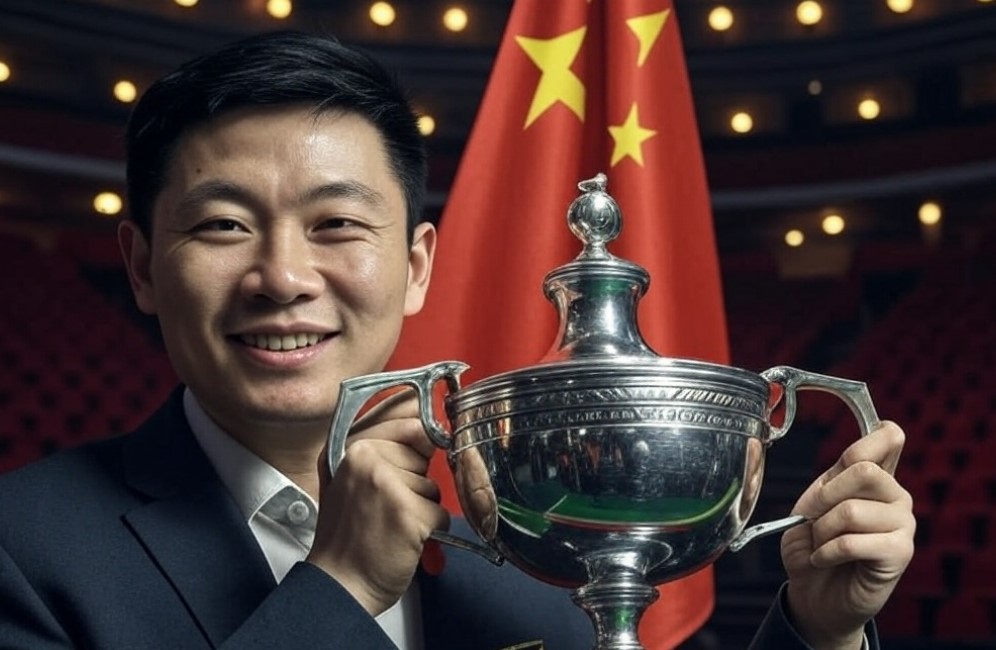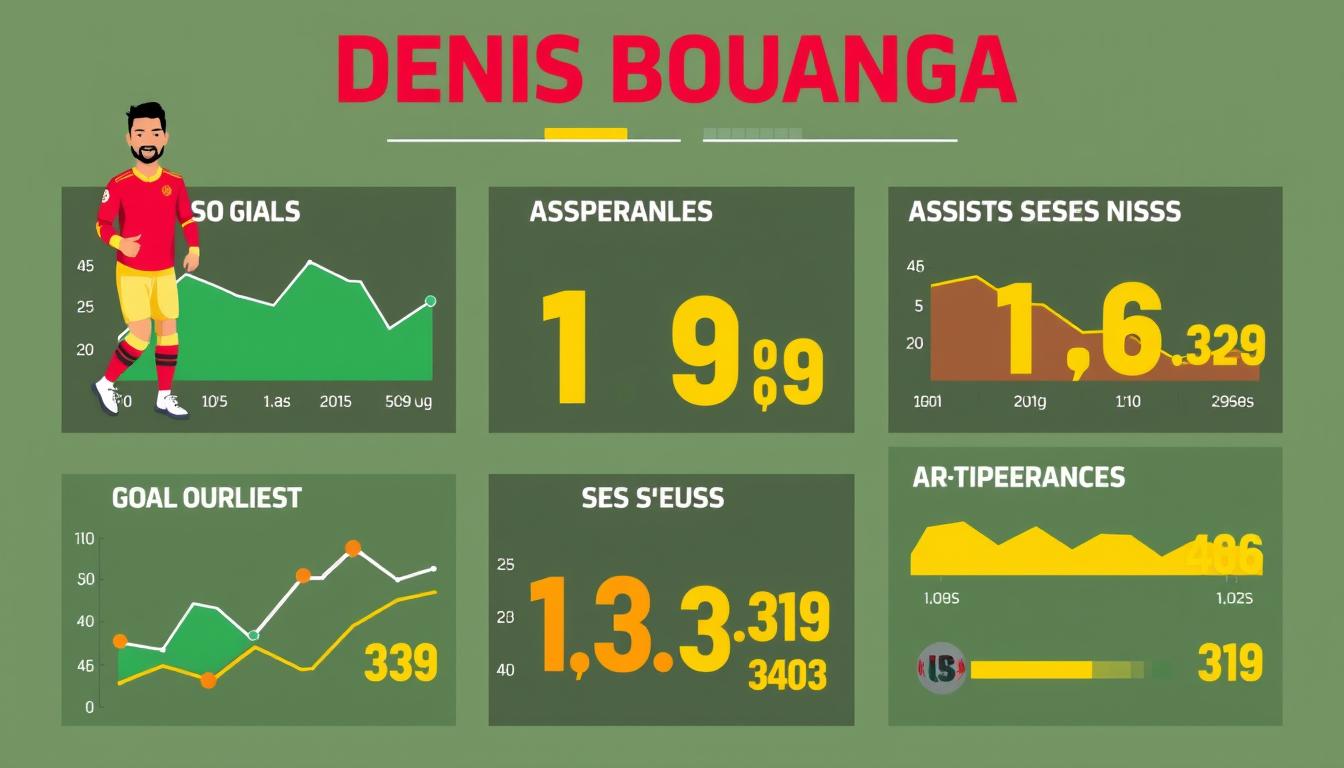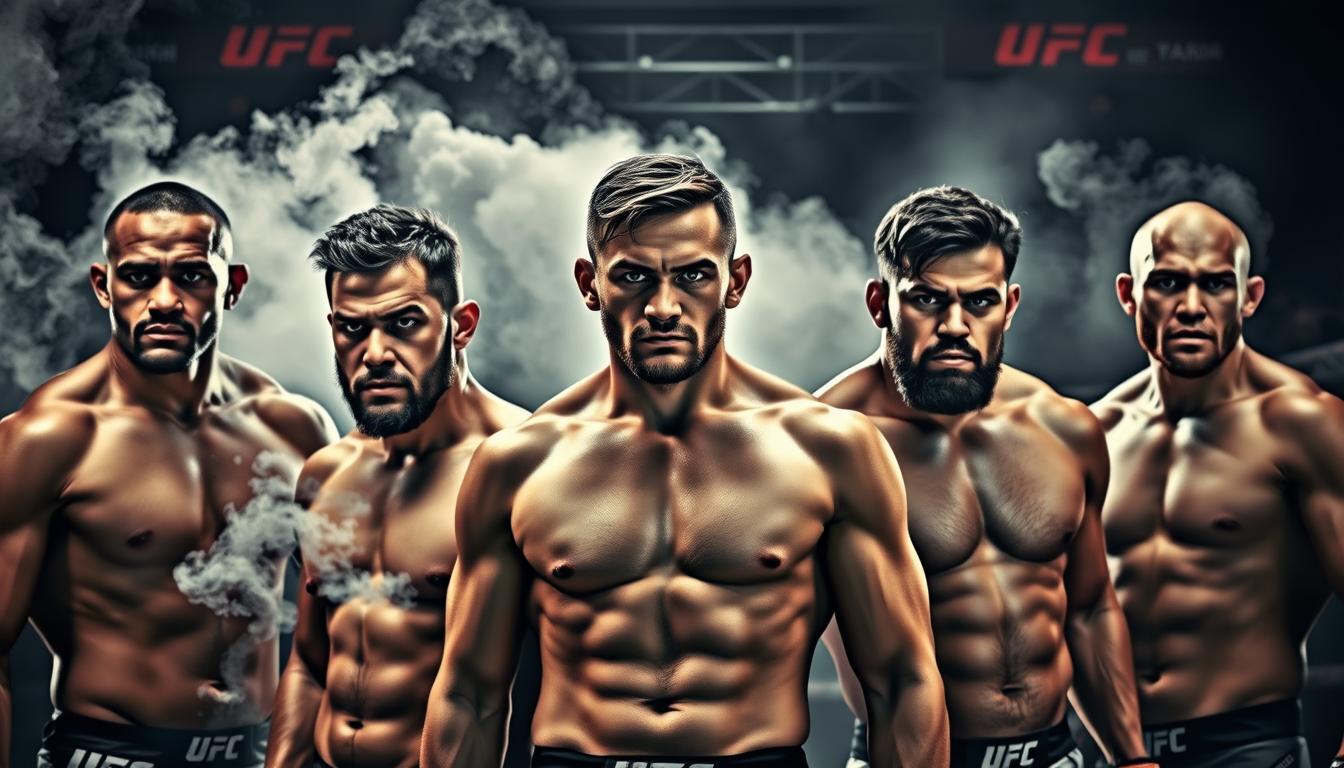In the hallowed confines of Sheffield’s Crucible Theatre, where the air hums with tension and the green baize bears witness to dreams made and broken, Zhao Xintong etched his name into snooker history on May 5, 2025. The 28-year-old from Xi’an, China, defeated three-time world champion Mark Williams 18-12 to become the first Chinese player—and the first Asian—to claim the World Snooker Championship title. This victory was not just a personal triumph for Zhao, who has weathered storms both on and off the table, but a seismic moment for a nation where snooker is a cultural juggernaut. With an estimated 150 million viewers tuning in from China alone, Zhao’s coronation as world champion has ignited conversations about his potential to become the richest player in snooker history and has bolstered the sport’s ambitious bid for inclusion in the 2032 Brisbane Olympics. This is the story of Zhao’s journey, his landmark achievement, and the ripple effects that promise to reshape snooker’s global landscape.
The Crucible’s New King: Zhao’s Path to Glory
The 2025 World Snooker Championship final was a clash of eras, a narrative-rich showdown between youth and experience. On one side stood Mark Williams, the 50-year-old Welshman, a grizzled veteran whose three world titles (2000, 2003, 2018) and recent resurgence had made him the oldest finalist in Crucible history. On the other was Zhao Xintong, a prodigy whose meteoric rise had been interrupted by controversy but whose talent had never been in doubt. The best-of-35-frame final, played over two days, was a test of skill, nerve, and endurance, and Zhao proved he had all three in abundance.
Day one of the final set the tone. Zhao, nicknamed “The Cyclone” for his rapid, attacking style, stormed to a 7-1 lead in the opening session, his cue action as fluid as a calligrapher’s brush. His long potting was audacious, his break-building relentless. Williams, battling blurry vision and the fatigue of a grueling semi-final win over world number one Judd Trump, looked shell-shocked. By the end of the first day, Zhao led 11-6, a margin that no player had ever overcome in a Crucible final. Yet Williams, the “Welsh Potting Machine,” is not one to go quietly. On day two, he clawed back, winning four consecutive frames in the evening session with breaks of 101, 96, and 73, narrowing the gap to 17-12. The Crucible crowd, sensing a potential miracle, roared their approval.
But Zhao was unshakable. In the 30th frame, he seized his moment, compiling a match-clinching break of 87 with the poise of a seasoned champion. As the final black rolled into the pocket, Zhao raised a Chinese flag aloft, a symbolic gesture that reverberated far beyond Sheffield. “I can’t believe it,” he said in his post-match interview, his voice trembling with emotion. “It’s like a dream. I was so nervous tonight, but Mark is still a top player. He put me under so much pressure.” Williams, gracious in defeat, hailed Zhao as a “superstar” and predicted he would dominate the sport for years to come.
Zhao’s victory was historic on multiple fronts. He became the first amateur to win the world title at the Crucible, having lost his professional status following a 20-month ban in 2023 for his involvement in a match-fixing scandal. He was also only the third qualifier to lift the trophy since the tournament moved to Sheffield in 1977, joining legends Terry Griffiths and Shaun Murphy. His journey to the final was a marathon: 29 days, four qualifying matches, and 111 frames, culminating in a semi-final thrashing of seven-time champion Ronnie O’Sullivan, 17-7. That Zhao, an amateur who began the season on the Q Tour, could scale such heights speaks to a talent that is both rare and transformative.
From Xi’an to Sheffield: The Making of Zhao Xintong
Born on April 3, 1997, in the Songgang subdistrict of Shenzhen, Guangdong, Zhao grew up in a city steeped in snooker culture, a legacy of its proximity to British Hong Kong in the 1980s. His father, Zhao Xiaowei, a finger reconstruction surgeon, and his mother, Wen Anxiao, a head nurse, provided a stable upbringing, but it was the snooker halls of Shenzhen that shaped young Zhao’s destiny. By age 10, he was wielding a cue with precocious flair, his natural talent catching the eye of local coaches. “He was always different,” recalls Zhang Wei, a former coach at a Shenzhen snooker academy. “Even as a boy, he played with this fearless joy, like the table was his playground.”
Zhao’s professional career began in 2016, when he earned a tour card at 19. His breakthrough came in 2021, when he won the UK Championship, one of snooker’s Triple Crown events, defeating Luca Brecel 10-5. The following year, he whitewashed Yan Bingtao 9-0 in the German Masters final, a performance so dominant it drew comparisons to Steve Davis and Neil Robertson. By the end of the 2021-22 season, Zhao was ranked sixth in the world, with Ronnie O’Sullivan and Jimmy White touting him as a future star. “He’s got everything,” O’Sullivan said in 2021. “The cue action, the temperament, the flair. He’s the real deal.”
But in January 2023, Zhao’s world unraveled. He was one of 10 Chinese players sanctioned in a match-fixing investigation by the World Professional Billiards and Snooker Association (WPBSA). While Zhao did not directly throw matches, he admitted to being party to another player fixing two games and betting on matches himself. His penalty was a 20-month ban, reduced from 30 months due to his early guilty plea and remorse. The suspension stripped him of his professional status and cast a shadow over his career. “It was a mistake,” Zhao later told the BBC. “I know how important snooker is to me. I just wanted to come back to the table.”
His return in September 2024 was nothing short of spectacular. Competing as an amateur on the Q Tour, Zhao won four consecutive events, including two maximum 147 breaks, and topped the Q Tour Europe rankings, earning a professional tour card for the 2025-26 season. His form carried into the World Championship qualifiers, where he dispatched Jak Jones, Lei Peifan, and Chris Wakelin to reach the main draw. By the time he faced O’Sullivan in the semi-finals, Zhao was a man possessed, his 17-7 rout of “The Rocket” a statement of intent. “I tried to enjoy the Crucible,” Zhao said after the match. “Ronnie is my idol. He’s helped me a lot.” The respect was mutual; O’Sullivan, who mentored Zhao during his ban, was among the first to congratulate him.
A National Hero: China’s Snooker Revolution
Zhao’s victory is a watershed moment for Chinese snooker, a sport that commands a fanbase of over 60 million players and a television audience that dwarfs its traditional British heartland. Snooker’s rise in China began in the 1980s, when Barry Hearn, then a promoter, took players like Steve Davis to the Far East. The emergence of Ding Junhui in the mid-2000s, with three UK Championship titles and a 2016 Crucible final appearance, turned snooker into a national obsession. Today, China boasts over 300,000 snooker halls, some with hundreds of tables, and 10 players in the world’s top 32, second only to England.
Zhao’s triumph, watched by 150 million on CCTV5, has elevated him to the status of a national hero. Social media platform Weibo exploded with tributes, with the hashtag “Zhao Xintong wins World Snooker Championship” garnering 180 million views. Fans at KO Snooker Bar in Beijing, where chain-smoking regulars gather under fluorescent lights, hailed Zhao as a “role model for young people.” Brother Yuan, a 55-year-old Beijing player, told The Guardian, “He’s bringing the excitement back.” At Shenzhen Bao’an airport, Zhao was mobbed by fans thrusting flowers and microphones, a scene reminiscent of a rock star’s homecoming.
The financial implications are staggering. Zhao’s £500,000 prize money is just the beginning. With China’s massive market and appetite for endorsing champions, analysts predict Zhao could surpass the earnings of snooker’s all-time greats. “He’s 28, young, talented, and bilingual,” said Jason Ferguson, WPBSA chairman. “He could be the richest player in snooker history.” Sponsorship deals, already rumored to be in the millions, could dwarf the £20 million earned by O’Sullivan over his career. Companies like Xingpai, China’s leading snooker table manufacturer, and tech giants eyeing sports marketing are reportedly circling. “Chinese companies will throw zillions at him,” Williams quipped after the final.
Zhao’s win also amplifies China’s influence in snooker’s global hierarchy. The country hosts major ranking events like the China Open and International Championship, and its players, including Wu Yize and Si Jiahui, are climbing the rankings. “This is a game-changer,” said Matchroom Sport president Barry Hearn. “China’s been knocking on the door for years. Zhao’s the leader of the next wave.” With the “Class of 92”—O’Sullivan, Williams, and John Higgins—nearing retirement, Chinese players, five of whom are in the world’s top 16, are poised to dominate.
The Olympic Dream: Snooker’s 2032 Ambition
Zhao’s victory comes at a pivotal moment for snooker’s Olympic aspirations. The WPBSA has long lobbied for inclusion in the Games, eyeing the 2032 Brisbane Olympics as a realistic target. Snooker’s global reach, with 120 member countries and a television audience of 500 million, makes it a strong candidate. Its non-contact nature, gender-neutral appeal, and low infrastructure costs align with the International Olympic Committee’s (IOC) criteria. “Snooker is as big as many Olympic sports in China,” Ferguson told Sky Sports. “With Zhao’s win and China’s importance to the IOC, this is our time.”
The sport’s Olympic push is not new. Attempts to join the 2020 and 2024 Games failed due to concerns about snooker’s professional structure and lack of a unified amateur pathway. But Zhao’s emergence as a charismatic, marketable champion could tip the scales. His amateur status during the 2025 Championship, coupled with his redemption story, resonates with the Olympic ethos of perseverance. “Zhao’s win shows snooker’s universal appeal,” said Matt Huart, WPBSA head of communications. “From Shenzhen snooker halls to Sheffield’s Crucible, it’s a sport that transcends borders.”
China’s clout in the Olympic movement is another factor. As the world’s second-largest economy and a host of the 2022 Winter Games, China wields significant influence. Snooker’s massive following there—50% of its global TV audience—makes it an attractive proposition for the IOC, which seeks to engage younger, diverse markets. The WPBSA is working to integrate snooker into Chinese school systems through academies, where children as young as eight train alongside academic lessons. “It’s not just about producing players,” Huart said. “It’s about building a culture that the Olympics can embrace.”
Challenges remain. Snooker must compete with sports like breakdancing and flag football for Olympic slots, and its professional-heavy structure could raise questions about amateur eligibility. Critics also point to the sport’s slow pace, though formats like Six-Red Snooker, a faster variant, are being tested for Olympic suitability. Zhao’s attacking style, which blends precision with entertainment, could be a blueprint. “He plays like the game was invented for him,” said Williams. “It’s box-office stuff.”
The Shadow of Controversy: Zhao’s Redemption
Zhao’s triumph is not without complexity. His 20-month ban, served from January 2023 to September 2024, remains a point of contention. While he did not fix matches himself, his involvement in betting and knowledge of others’ fixing tarnished his reputation. Some fans and pundits argue his world title carries an asterisk, a sentiment echoed in The Independent’s headline: “Zhao Xintong becomes the most complicated world champion in snooker history.” Others, including Hearn, insist he has paid his dues. “He made a mistake, served his time, and came back stronger,” Hearn told Sky Sports. “The slate’s clear.”
Zhao has leaned into his redemption narrative. “Two years ago, I made a little mistake,” he told the BBC before the UK Championship in November 2024. “Now I’m back, and I want to show everyone snooker is a good thing.” His performance—47 wins in 49 matches since his return—speaks louder than words. The Crucible crowd, initially skeptical, embraced him, their ovations growing louder with each victory. “He’s shown remorse and resilience,” said Ferguson. “That’s what champions do.”
For Zhao, the ban was a crucible of its own. He spent his suspension in Shenzhen, training in obscurity and reflecting on his choices. Support from O’Sullivan, who provided coaching and encouragement, was pivotal. “Ronnie told me to keep believing,” Zhao said after his semi-final win. “Without him, I wouldn’t be here.” His gratitude was evident when he visited O’Sullivan’s dressing room immediately after reaching the final, a gesture that underscored his humility.
The Future: Zhao’s Legacy and Snooker’s Evolution
At 28, Zhao is entering his prime, with the potential to redefine snooker’s hierarchy. His £500,000 prize money has lifted him to 11th in the world rankings, and his professional status is restored for the 2025-26 season. With five Chinese players in the top 16 and 14 in the top 50, the sport’s center of gravity is shifting eastward. “This is just the start,” Zhao said, clutching the world championship trophy. “I want to inspire more Chinese players to win this.”
His influence is already palpable. In Beijing’s snooker halls, young players mimic his flamboyant style, while academies report a surge in enrollments. “He’s a hero,” said Xu, a fan at KO Snooker Bar. “Kids see him and think, ‘I can do that.’” Zhao’s bilingual charm and media savvy make him a marketer’s dream, capable of bridging East and West. “He’s not just a player,” said Hearn. “He’s a movement.”
Snooker itself stands at a crossroads. Zhao’s win, coupled with the sport’s Olympic ambitions, could usher in an era of unprecedented growth. The WPBSA is exploring new formats, global tournaments, and digital platforms to attract younger audiences. China’s market, with its vast potential for sponsorship and broadcasting revenue, will be central. “Snooker’s future is bright,” said Ferguson. “And Zhao is the torchbearer.”
As Zhao lifted the trophy, draped in the Chinese flag, the Crucible erupted in applause. For a moment, the controversies, the long road, the doubts—all faded. This was a young man who had conquered his demons, his opponents, and history itself. Zhao Xintong, the Cyclone, had arrived, and snooker would never be the same.
Absolutely huge news for professional sport and the country of China in 2025.
The Chinese revolution is underway this year. Full steam ahead.




